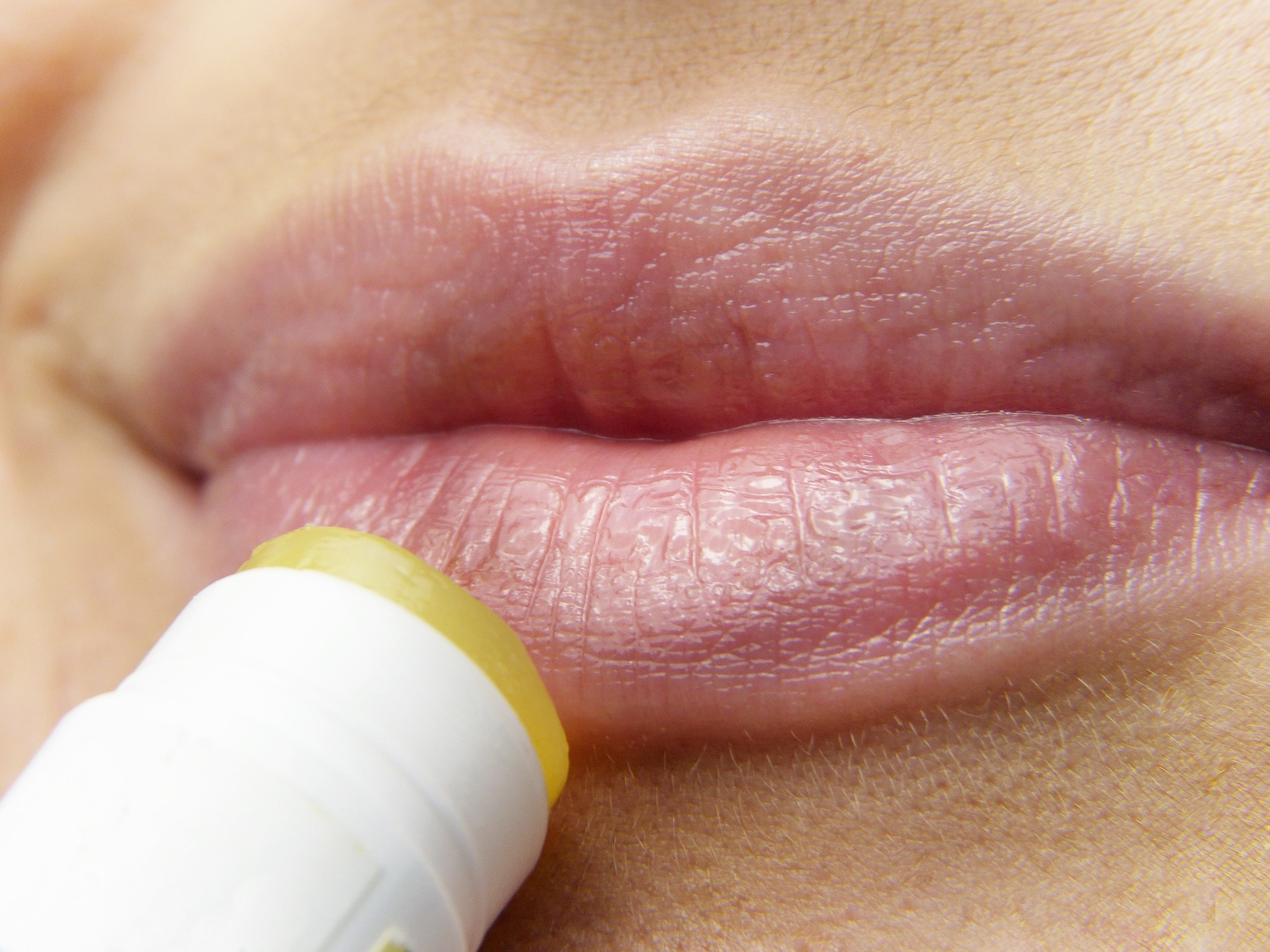Everyday Lip Care: Moisturizing, Protection, and Routine
Lips are a small but visible part of the face that need specific care. Because the skin on lips is thinner and lacks oil glands, it becomes dry, chapped, or sensitive more easily than the rest of the face. A consistent lip care routine helps retain moisture, protect against environmental stressors, and keep lips comfortable. This article explains common causes of lip problems, sensible ways to choose and use a lip balm or moisturizer, how lips fit into a broader skincare routine, and simple beauty tips that avoid harm.
Lips: What causes dryness and irritation?
Lips can become dry or irritated for many reasons: cold or dry weather, sun exposure, frequent licking, certain medications, and allergic reactions to products. Habitual lip licking removes natural moisture and can create a cycle of chapping. Nutritional deficiencies and dehydration also play a role. Identifying triggers helps break the cycle—try tracking when symptoms worsen and what products or behaviors preceded them. If persistent cracking, bleeding, severe pain, or unusual sores occur, consider consulting a healthcare professional for evaluation.
Lip balm: How to choose and use it effectively?
A good lip balm restores and seals moisture rather than temporarily masking dryness. Look for balms that combine an occlusive (beeswax, petrolatum), an emollient (shea butter, oils), and a humectant (glycerin, hyaluronic acid). Fragrance-free and hypoallergenic options reduce the chance of sensitivity. Apply balm sparingly as needed—especially before going outdoors, after eating, and at bedtime. Avoid products with strong flavors or menthol if you notice increased irritation, since some additives can worsen chapping over time.
Skincare: How should lips fit into your routine?
Treat lips as part of your daily skincare regimen: cleanse gently, protect, and nourish. Use a mild cleanser or water to remove debris from the lip area, then apply a protective lip product as you would a face moisturizer. During the day, an SPF-containing lip product helps prevent sun damage; at night, a thicker balm or overnight lip mask can support repair. If you use exfoliation, be conservative—gentle physical or chemical exfoliation once a week can smooth dry flakes, but over-exfoliating increases sensitivity.
This article is for informational purposes only and should not be considered medical advice. Please consult a qualified healthcare professional for personalized guidance and treatment.
Moisturizer: Which ingredients support lip health?
Key ingredients to look for in lip moisturizers include petrolatum and dimethicone (barrier-repairing occlusives), plant oils and butters (emollients), and glycerin or hyaluronic acid (humectants). Antioxidants like vitamin E can offer mild protection, while ceramides help strengthen the skin barrier. Be cautious with strong flavors, high concentrations of essential oils, or exfoliating acids on lips—these can be effective in low, controlled amounts but may irritate sensitive tissues. For nighttime repair, thicker formulations provide longer occlusion and recovery time.
Beauty: Makeup tips that protect and enhance lips
Makeup can enhance lips without compromising health when applied thoughtfully. Use a hydrating lip primer or a thin layer of clear balm before lipstick to create a moisture layer. Choose lipsticks with emollient formulas or those that list moisturizing ingredients. Avoid prolonged use of highly matte, drying formulas without intermittent balms. When removing lip color, use a gentle oil-based remover or micellar water to dissolve pigments without aggressive rubbing. If you frequently wear lip products, incorporate a nightly nourishing balm to restore any lost moisture.
Conclusion
A practical lip care routine balances protection, hydration, and occasional treatment. Regularly using an appropriate lip balm or moisturizer, protecting lips from sun and harsh weather, and avoiding irritants can reduce chapping and improve comfort. Integrating lip care into your daily skincare and beauty habits—rather than treating lips as an afterthought—helps maintain a healthy barrier and a smooth appearance over time.





